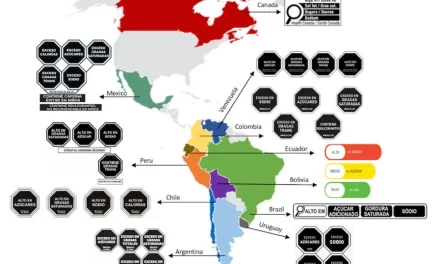In the evolving landscape of mental health care, chatbots like Earkick are emerging as potential allies for those struggling with anxiety, depression, and stress. These digital companions offer a sympathetic ear, practical advice, and guided exercises akin to what a therapist might provide. However, founders like Karin Andrea Stephan of Earkick are careful not to label their services as therapy, preferring to position them as supportive tools rather than replacements for professional intervention.
The distinction between mental health services and self-help tools is crucial in the burgeoning digital health industry, particularly as chatbots become more sophisticated with generative AI technology. While these apps boast accessibility and lack the stigma associated with therapy, questions linger about their efficacy and regulation. Unlike traditional therapies, chatbots lack oversight from regulatory bodies like the FDA, leaving consumers in the dark about their effectiveness.
Despite these concerns, chatbots are stepping up to address the widening gap in mental health care, especially in regions facing a shortage of professionals. Programs like Wysa in the U.K. and Woebot in the U.S. offer a lifeline to individuals struggling to access traditional therapy due to long wait times or logistical barriers.
However, the effectiveness of chatbots remains a subject of debate. While some studies suggest short-term benefits in reducing symptoms of depression and distress, questions persist about their long-term impact and ability to address serious mental health concerns. Critics worry that reliance on chatbots could divert individuals from seeking proven therapies, potentially delaying necessary interventions.
In light of these challenges, calls for regulatory oversight are growing louder. Advocates like Dr. Doug Opel emphasize the need for a comprehensive understanding of chatbot technology to ensure its integration into mental health care aligns with the goal of improving overall well-being.
As chatbots continue to evolve and expand their reach, the conversation around their role in mental health care will undoubtedly intensify. Balancing innovation with accountability remains paramount as society grapples with the complex intersection of technology and mental wellness.











